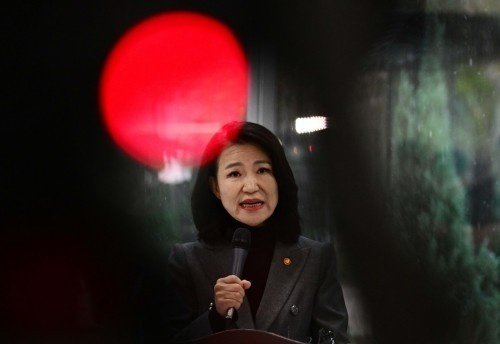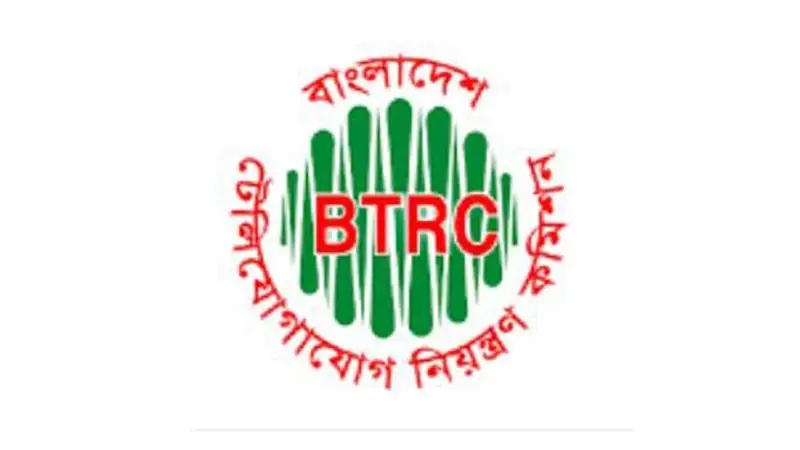Seventeen years after its creation, South Korea’s Korea Communications Commission (KCC) will be dissolved and replaced by the newly established Broadcasting, Media and Telecommunications Commission (BMTC), following the passage of a bill in the National Assembly on September 27. The law will be promulgated on September 30, triggering the transition.
The BMTC will absorb the KCC’s responsibilities, adding pay-TV policy to its remit. It will be composed of seven commissioners—three standing and four non-standing—designed to, in theory, strengthen public-interest governance. However, critics argue the changes are largely superficial and fail to address the underlying political dysfunction that has plagued the KCC.
Political Paralysis at KCC
Launched in 2008 to safeguard independence and public interest in broadcasting, the KCC was structured as a bipartisan body with five commissioners, including two from the opposition. Under President Yoon Suk Yeol’s administration, however, political conflict eroded its functionality. Opposition parties refused to recommend nominees after disputes over presidential appointments, leaving the body with only two commissioners since July 2023—short of the quorum required for decisions.
Dismissal of Chair Sparks Controversy
The reform will also lead to the automatic removal of KCC Chair Lee Jin-sook, whose term was due to run until August 2026. Lee denounced the restructuring as “targeted legislation”, noting that employees will transfer to the BMTC “excluding political appointees”—a clause applying only to her.
“They erased the KCC by inserting one word—‘media’—between broadcasting and communications,” Lee said at a press conference on September 28. “The frameworks of the KCC and BMTC are largely the same. This is a ‘Swiss-cheese law’ full of holes.”
Experts Warn of Repeat Failures
Media analysts and lawmakers have criticized the overhaul as a cosmetic rebranding rather than meaningful reform. They argue the BMTC could inherit the same cycle of appointment deadlocks, quorum failures, and political interference without structural safeguards for neutrality.
An opposition lawmaker likened the move to “junking a broken car instead of repairing it,” warning that without true reform, the new commission risks the same fate as its predecessor.















